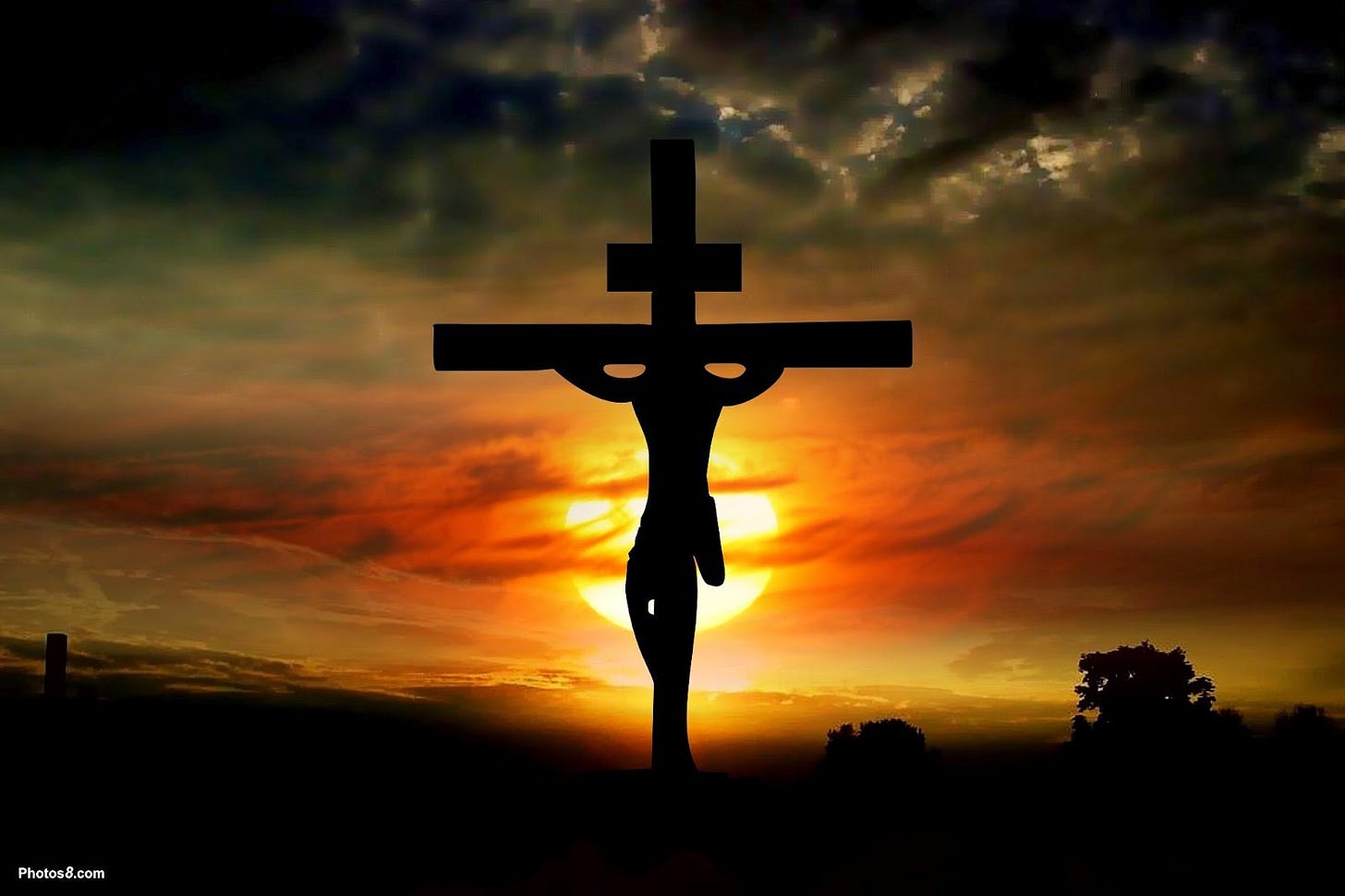I still remember the first day I ever heard the words of Isaac Watts’ famous hymn, "When I Survey the Wondrous Cross". They were not sung, they were spoken. At the time, I guess I was like any teenage boy in my class, laughing and scoffing at any attempt by a proper grown-up to tell me something apparently profound about my (or anyone’s) life. We revelled in sniggering at the earnestness of those who claimed there could be something truly worth living for, let alone those who claimed there could be something worth dying for.
This one day, one of our teachers was giving one of those little speeches to our class, the kind of profound-sounding speech that would always induce yawns or sniggers. This teacher was talking through the words of that famous old hymn, saying how the truth of it seemed to grip him and move him in a unique way, how he could never quite get over it however many times he heard it. He got to the words, "See from his head, his hands, his feet / Sorrow and love flow mingled down / Did e'er such love and sorrow meet / Nor thorns compose so rich a crown?" I found myself strangely compelled, without feeling able to show it. I couldn't say I fully understood what those words meant yet somehow I felt I knew something important about them. They spoke of something I'd never heard before as though it was something I had always been yearning to hear, as though it was almost too powerful not to be true.
The teacher went on, barely managing to get the last few words out because he was properly choking up: "Love so amazing, so divine / Demands my soul, my life, my all." There were full tears in his eyes as he said those final lines. It didn't seem to matter to him that he was standing before one of history's most unimpressible audiences. And yet this time, there was no mockery, just silence. Not a scoff in sight. I think it was more than just me who felt something true about those words, who felt there might even be something so worth living for that it could be worth dying for.
The One for whom those words were written faced an even more unimpressible audience than existentially repressed teenage boys. He faced the jeers and scoffs of a crowd baying for his blood. This crowd knew nothing about just how precious that man's blood was, how much it cost to shed it, and how much it would mean for the rest of human history and all eternity. That man could have chosen to come down from where he hung, could have shut up every scoffer in an instant. But he chose to stay up there, to suffer unjustly for the very people who put him there. He did so in order to bring about a more profound justice than any human will or political system could ever imagine. The moment when that man said "It is finished" was the single greatest accomplishment by any person who has ever lived.
After that teacher's speech, after the unexpected silence, I could have done something about it. I didn't. It seemed too unthinkable to do something about it. Too big. Too crazy. Soon enough I would be back in the school corridors again, back in the “real world” where profound thoughts about the meaning of life need not apply, where great sacrifice is not required. It would be several years before I finally gave in to the One who hung on that wondrous cross, the One whose amazing love could simultaneously require nothing from me and yet demand everything of me. This was not the first time that I'd turn my face away from Him and pretend it would all be fine.
How about you? How many times have you heard about the Cross? How many times have you been bored by it? How many times have you scoffed at it? However many times it's been, there is still time to wonder at it. There is still time to follow in the path of the One who hung on it, the One who calls you to take up your own Cross for His sake, and receive the crown of life at the end of a well-run race. But there will not always be time. The prince of glory died on that cross, but he will return one day as the king of glory, and will not permit scoffers to scoff forever.




